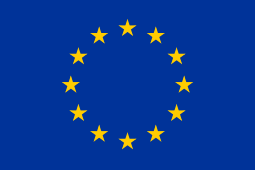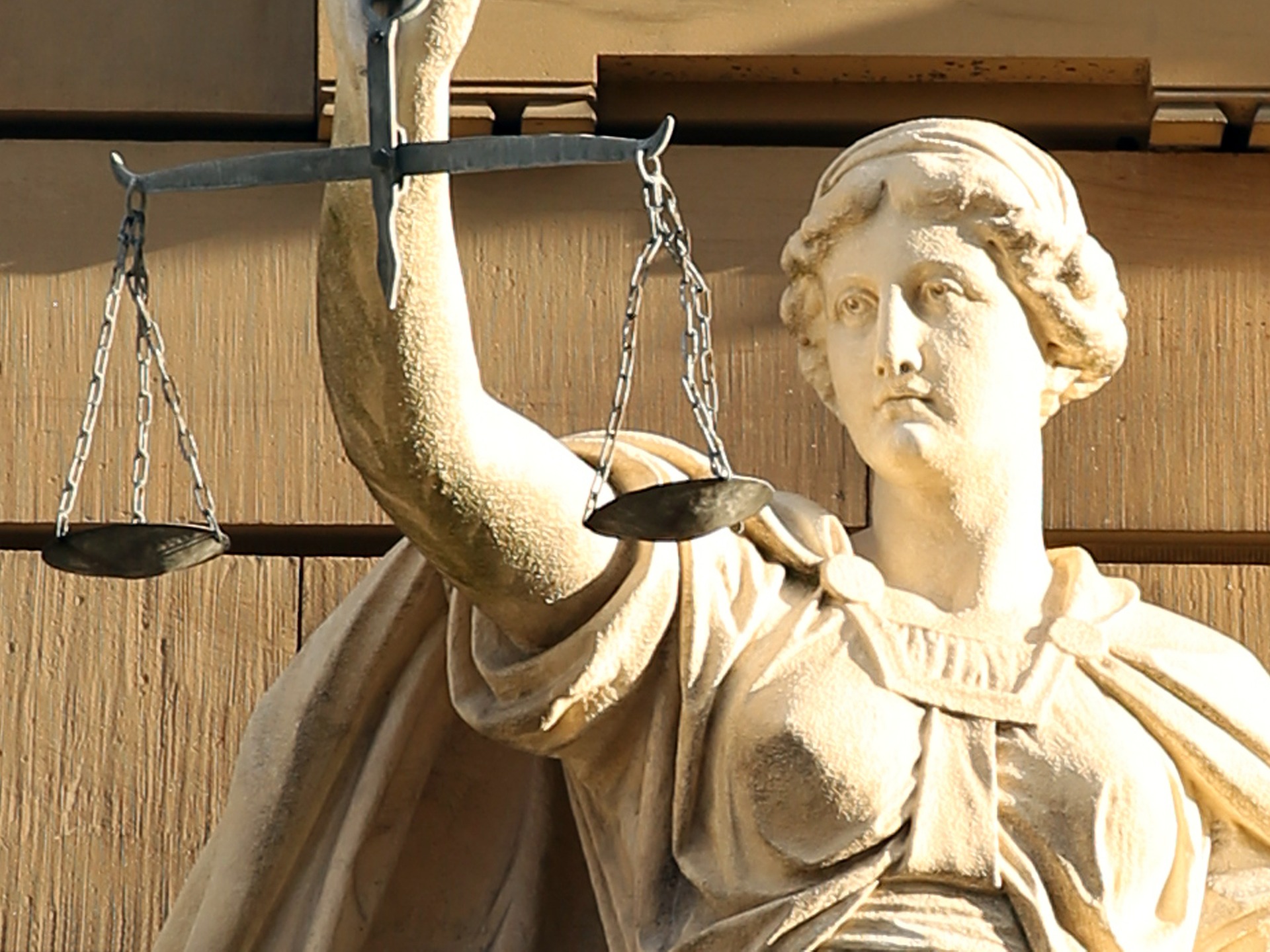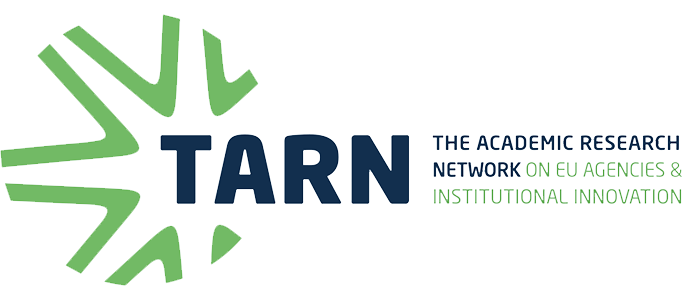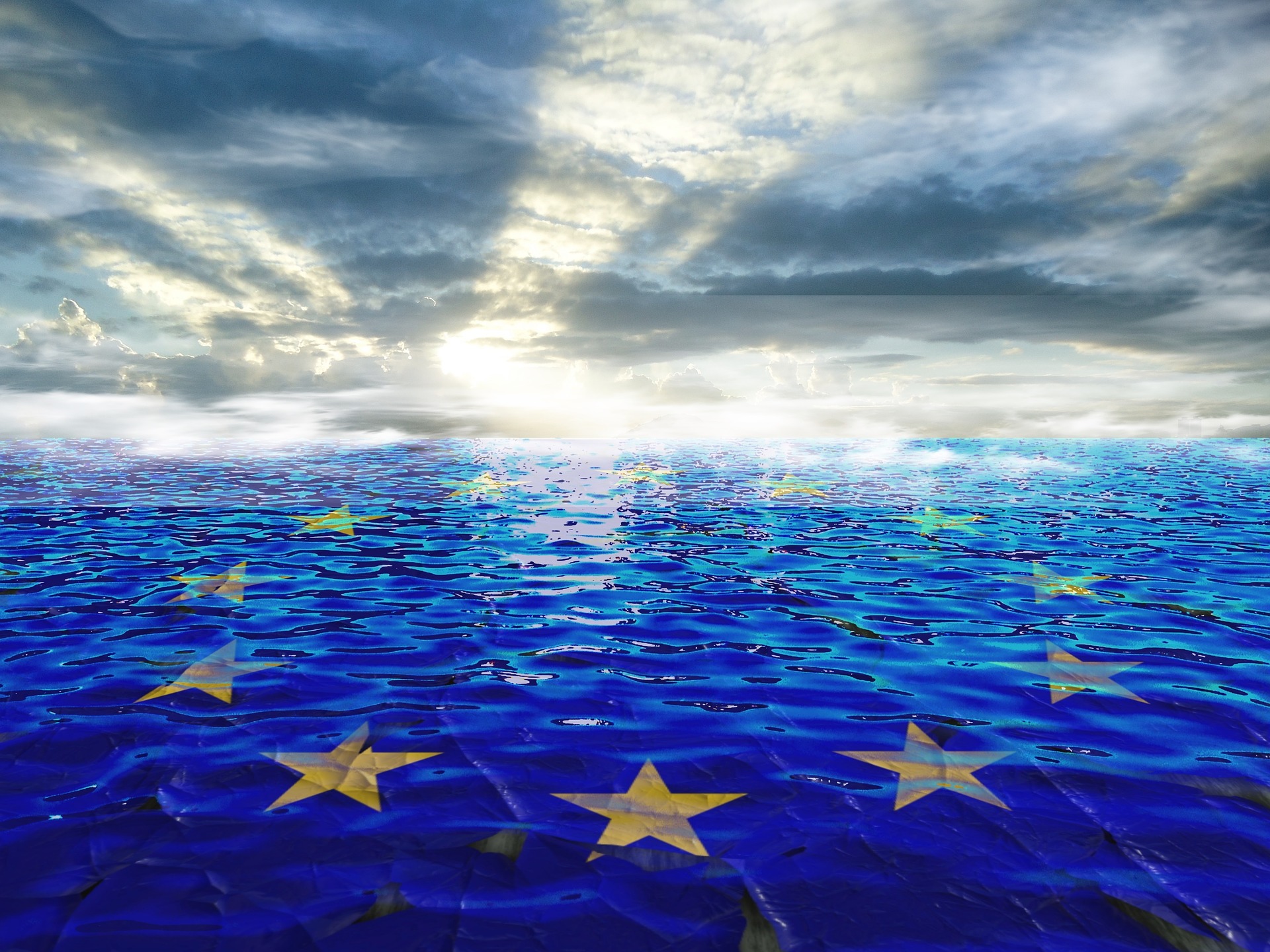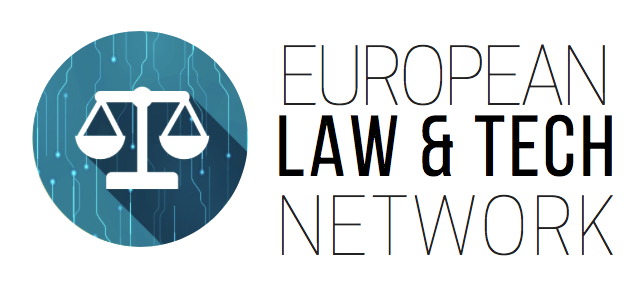Latest blog articles
-
The European Union (EU) and Turkey have a long and multifaceted relationship. In this entry (based on a recent longer analysis) we focus on Turkey’s involvement with the EU’s decentralised agencies, and more particularly on whether and to what extent this involvement can be viewed as a part of a...
-
The Boards of Appeal established for the decision-making agencies perform a function that lies between exercising administrative review, at the one end, and offering judicial review, at the other. It is still unclear in which direction they will ultimately move, and more research in this fast...
-
by Trym Nohr Fjørtoft
In 2015, many European states experienced a massive influx of migrants and refugees seeking protection within their borders. The European Refugee crisis was a crisis in many respects—first and foremost for the people forced to flee their homes, but also for the institution... -
EU agencies are now at the forefront of policy implementation in EU’s migration, asylum and external border control policies for two primary reasons: to overcome the policy implementation gap and enhance interstate solidarity.
-
When the three main institutions adopted the Common Approach on EU Decentralised Agencies in 2012 one of the few innovative elements in this otherwise disappointing non-binding interinstitutional agreement were the provisions dedicated to the selection of the seat of EU agencies. As many EU-watchers...
-
While many decades ago, the field of law and technology was focused on the study of intellectual property, more recently, legal scholars have extended their interest in technology to other fields such as the regulation and governance of the Internet, privacy and cybersecurity, data collection...
-
The world faces the growing problem of global warming. This phenomenon leads to unprecedented social effects in human history. Consequently, it is imperative to mitigate this problem. International Organizations and countries are working together in order to better deal with this issue.
-
“Whereas from Mary Shelley’s Frankenstein’s Monster to the classical myth of Pygmalion, through the story of Prague’s Golem to the robot of Karel Čapek, who coined the word, people have fantasised about the possibility of building intelligent machines, more often than not androids with human...
